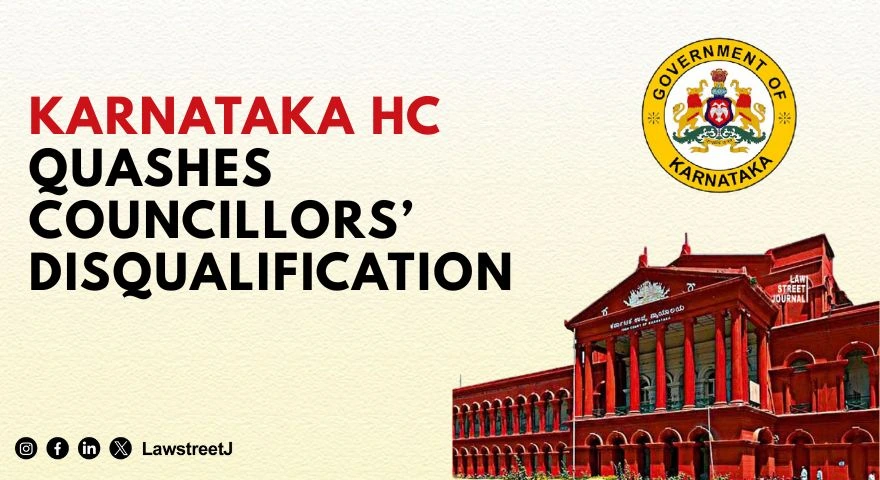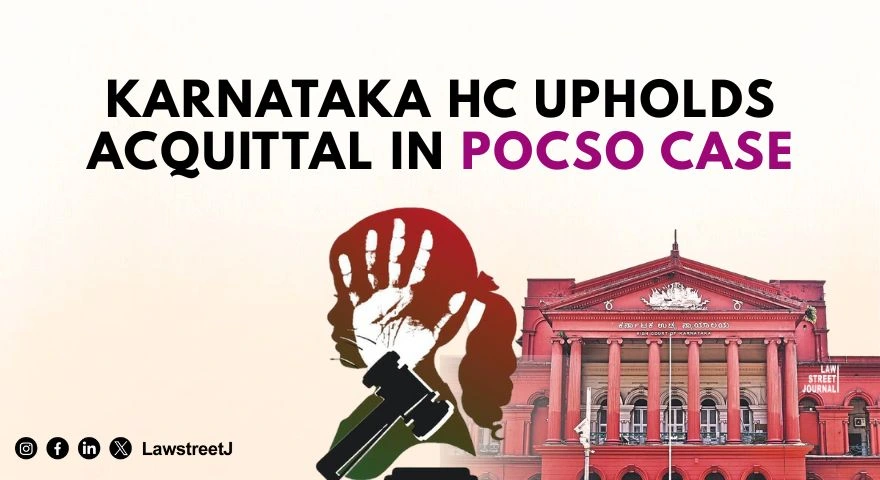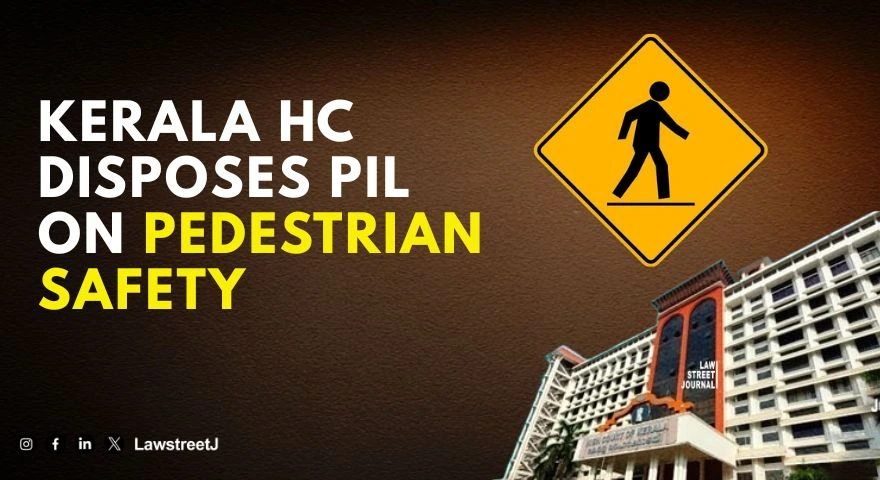It is no denying that the Indian Police is more of a tool to scare people than to empower them.
The general public sees police not as protectors but as someone to keep a distance from. It is because our Police is not a servant of the public, rather a slave of those in power.
The Indian Police Act was formed by Britishers in 1861 and our country still follows the same old laws which were made to favor the rulers and suppress the common Indians. It is time that such laws be put to an end.
Indians need a new Police system that works for the public and is not scared of, swayed by, or under influence of the ruling parties. To this end, a PIL has been filed in the Supreme Court by Advocate Ashwini Upadhyay seeking implementation of the Model Police Act and directives of Supreme Court 2006.
The Colonial Police System :
Indias Police system is based on colonial laws formed two centuries ago. Lord Macaulay was concerned with forming the Indian Penal Code which is still followed in India.
After the great revolution of 1857, the British were shaken to the core. They hastened the enactment of the Police Act in 1861 to control and prevent any such revolutions in the future. India still follows the same 1861 Police Act with only minor amendments.
Notably, our country has evolved socially, politically, and economically since 1861 but its Police system remains unchanged.
Indias super-structure of economic prosperity is built on a weak base of an ineffective and outdated criminal justice system. - Prakash Singh, former DGP
Short-Comings of the Indian Police:
While India is improving in economic and technical terms, the lives of the common man are still subject to atrocities of a flawed Police system.
The Powers of the police are greatly limited by the Executive at both State and the Central level. We saw examples of this in the Bengal riots recently. Hundreds were killed, many women raped, and people fled their homes in the 2021 post-election violence in Bengal when there was state police present. The Police did nothing to control it. No FIR was filed against those involved because they had links to those in power. This police-politician nexus is harmful to the rights and liberties of Indian citizens.
Further, the Indian police are not people-friendly. People are scared to go to the police and there is huge mistrust between the police and the citizens. As stated in the Status of Policing in India Report 2019 :
19% police personnel said they would not advice their daughters to go alone to a police station, outside their jurisdiction, to report a crime.
To this end, Indias police force was ranked 104th in the World Internal Security and Police Index in 2016.
Efforts for Police Reforms:
The Ministry of Home Affairs set up an expert committee to draft a new model Police Act in 2005. The committee submitted its draft in 2006 after extensive consultation. However, the Model Police Act was never implemented in any state or Union Territory.
Prakash Singh, former DGP, filed a petition in the Supreme Court, in 1996, seeking reforms in the Indian Police System. The Supreme Court gave a judgment in this case in 2006. In its judgment, the court gave seven directives to the States and the Centre to implement Police Reforms. These directives were however never implemented by any state or the Centre.
Ashwini Upadhyay filed a PIL seeking implementation of the Model Police Act and the seven directives of the apex court in 2015. The case is ongoing.
The bureaucracy-executive nexus has from time to time put away the efforts to reform the police because that will put an end to their privileges. Police reforms will take away their powers and give them to the public.
Conclusion:
While India may be free from Britishers, it is still captured by the systems created by them. India prides itself as the Worlds largest democracy but is itself tied to the notions of colonialism. It's high time that we change that. We should demand the rule of law guaranteed under Article 14 of the Indian Constitution and Model Police Act 2006, and the directives of the Supreme Court should be implemented as well.








